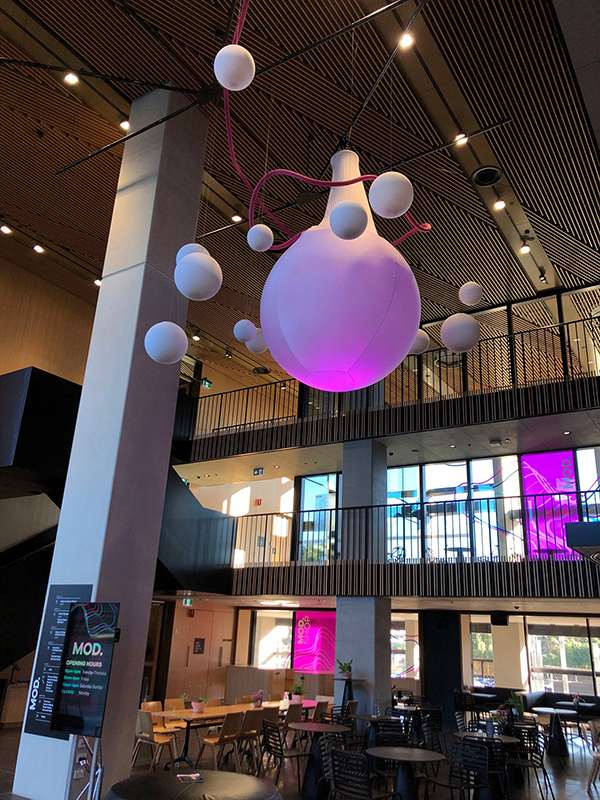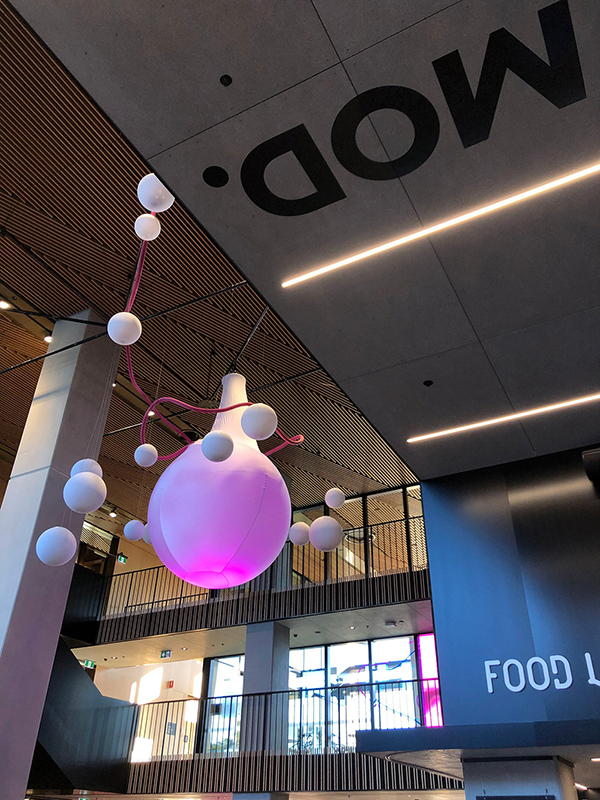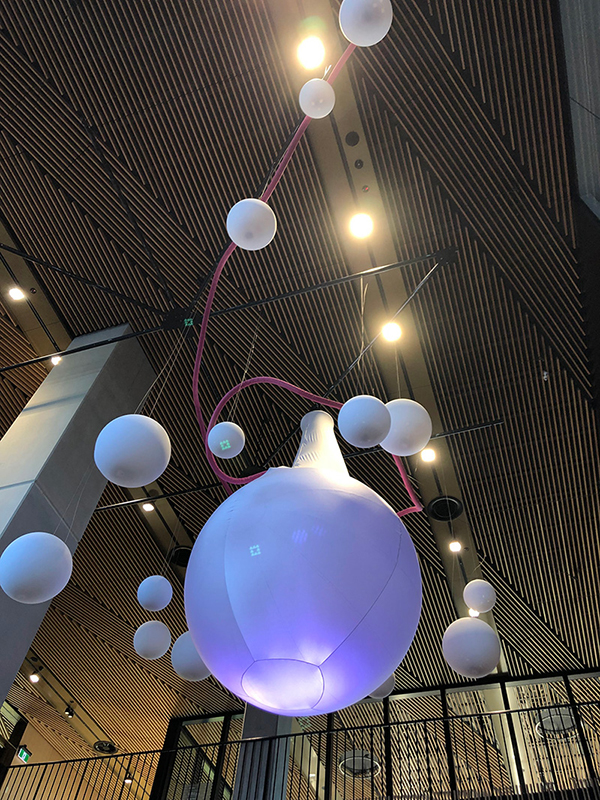
Social media privacy is in the hands of a few friends
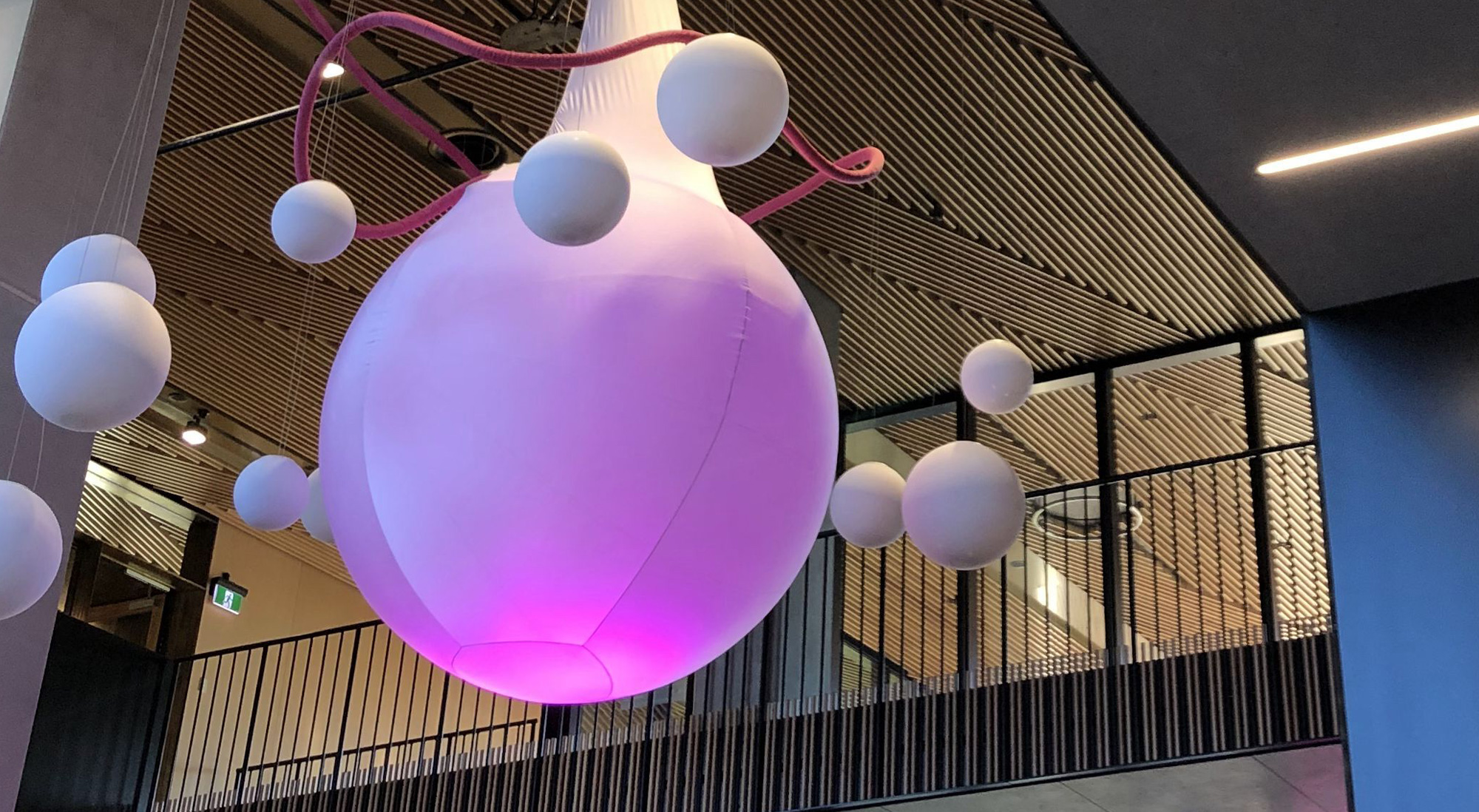
PEOPLE
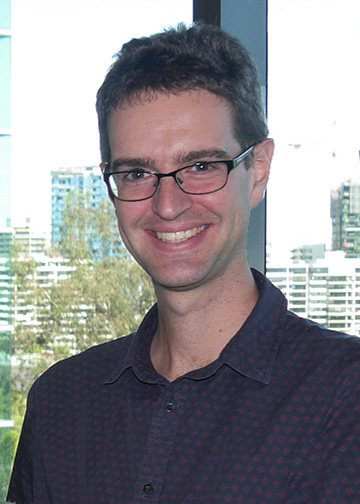
Dr Lewis Mitchell
It’s been said the internet remembers everything.
Even so, many people delete their social media accounts to try to protect their privacy.
But research from The University of Adelaide and the University of Vermont found that even where people deleted their accounts they can be profiled from the information that can be drawn from their friends’ posts.
The research, published in Nature Human Behaviour, showed that people’s behaviour is predictable from the social media data of as few as eight or nine of their friends.
“Effectively it shows that there is no place to hide on social network platforms,” says co-author Dr Lewis Mitchell, Senior Lecturer in applied mathematics in The University of Adelaide’s School of Mathematical Sciences and an ACEMS Associate Investigator.
“Telling people to delete your account in order to protect your privacy is not enough, as profiling information such as someone’s political affiliations or leisure interests can be determined from your friends’ posts.”
The researchers analysed the information content of over 30 million Twitter messages using information theory from mathematics and probability to test the predictability of individuals’ behaviour, based on the text they publish online.
"It's like listening in on one end of a phone call. Even though you can't hear the person on the other end of the line, you can still find out a lot of information about them from the one-sided conversation you can hear."
They showed that up to 95% of the potential accuracy for an individual is achievable using data from their friends alone. And data from 8-9 friends was enough to obtain predictability comparable to that using only the individual's data.
“Many people know they are giving out access to their information when choosing to use an online platform, but they think it’s only information about themselves,” says co-author Dr James Bagrow, an Associate Professor of Mathematics and Statistics and member of the Vermont Complex Systems Center at the University of Vermont. “But it’s not an individual choice: they’re also giving away information about their friends.”
“There are benefits from being able to predict behaviour. Social media platforms use this principle to target information so that you receive posts that you are interested in,” says Lewis.
But Lewis says there is a dark side, such as the potential for the creation of so-called ‘filter bubbles’.
“For instance, in a political debate, people may be only exposed to one type of information and may not receive any opposing views,” says Lewis.
The researchers say there is a mathematical upper limit on how much predictive information a social network can hold, but that it makes little difference if the person being profiled, or whose behaviour is being predicted, is on or off that network when their friends are on the network.
Can we measure happiness on Twitter?
What started out as a conversation starter on Lewis Mitchell’s desk led to the creation of a giant museum exhibit at Adelaide’s Museum of Discovery (MOD).
It’s called a hedonometer, and for six months in 2019, a giant version of the hedonometer hung in the foyer of the MOD as part of its exhibit titled, ‘Hedonism’.
Lewis’ research involves using mathematical tools to measure happiness on Twitter. He and several other researchers designed the hedonometer to visualise the happiness of the Australian ‘Twitterverse’ in real-time.
A few years ago, he built himself a small version of the hedonometer, which he called a hedoneggmeter.
“It’s been on my office desk and has been a good conversation starter,” said Lewis.
Lewis met the Senior Exhibitions Officer from MOD at an event and showed her video of his hedoneggmeter. From there, the idea developed to create a giant orb version of it for the MOD.
Hedonometer gallery
